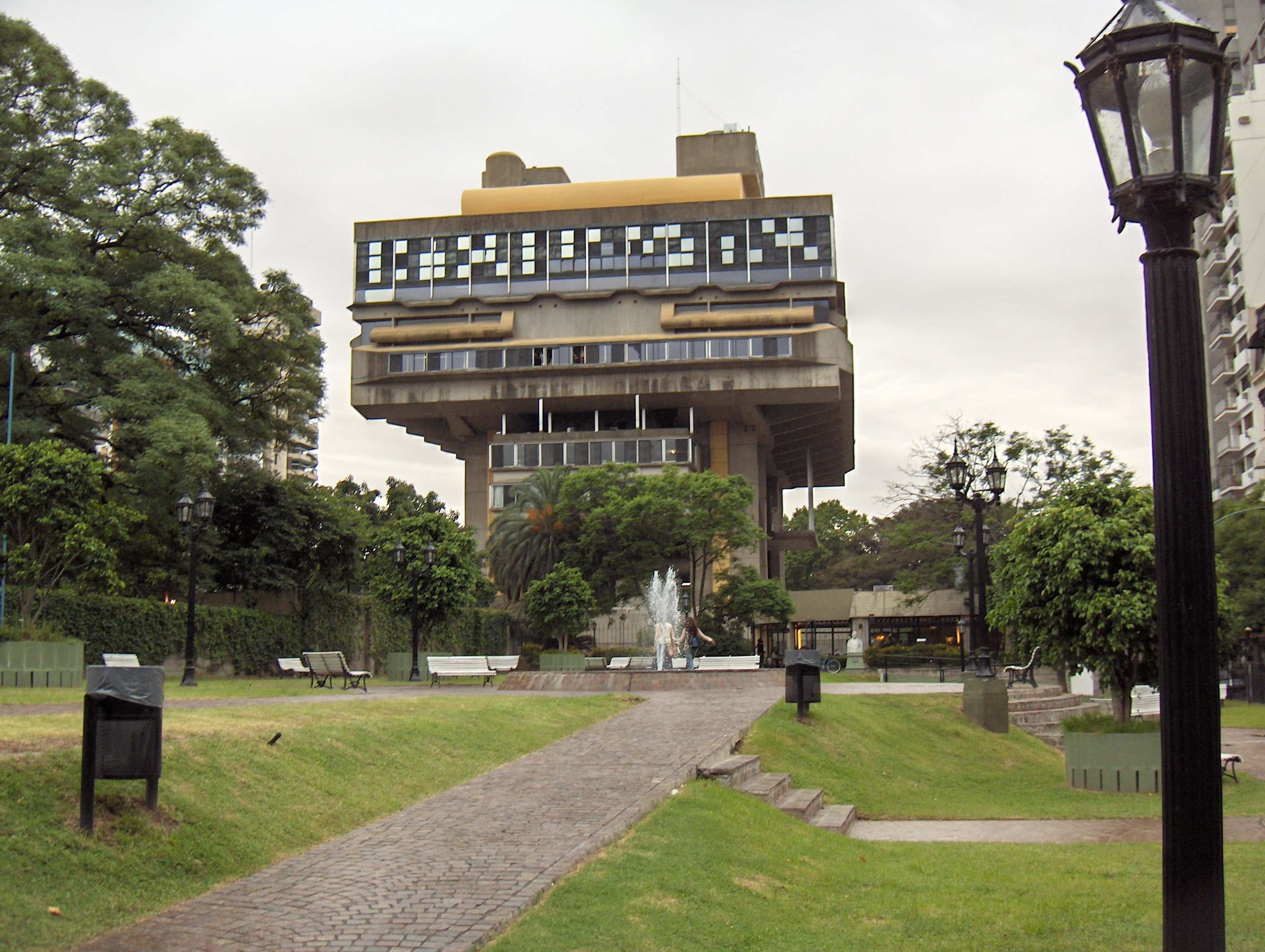
The day I turned 30, my wall calendar came into clearer focus. The monthly New Yorker cartoon stared back at me as always, but the angles seemed more acute and a sudden restlessness shook my soul. If I’m lucky, I thought, I might buy another 45 to 50 of these. I imagined the themes changing through the years according to my evolving tastes. I saw my wrinkled hand turning the page from October to November 2054, revealing a photo of my unborn grandchildren tossing leaves cavalierly in my unborn child’s front yard. Or perhaps by that point I’ll have turned to daily sudoku puzzles or obscure vocabulary words, to Bernese mountain puppies or gardening techniques. The point was that time suddenly seemed finite, and all the presences in my life, material or immaterial, were telling me to grow up. To chose a path. To complete Life’s Little Checklist of career, family, and property ownership obligations to ensure that my progeny could someday go through the same motions, on into perpetuity. Such is our sociobiological imperative, right? To make sure that our seed spreads and to leave some sort of legacy? Well I’m not taking the bait, and I urge others to question these assumptions as well.
What I realized is that so many of us are rushed hastily into careers, relationships, and other commitments which mean little to us. I’m a Millennial, and my generation is grappling with the disjunction between what we were taught and reality as it is. With respect to career prospects, my generation has the highest rates of student loan debt of any that preceded it. Part of that is the explosion in tuition rates, but I would argue that the greater problem is the belief that more education will necessary guarantee commensurate career opportunities. In this age of ever-increasing specialization, it’s difficult to find a perfect career for the over-educated doctoral candidate who knows everything about late 18th century spice trades or a single, obscure element of electromagnetic phenomena. There simply aren’t enough job opportunities for the most educated specialists, and many, often deeply in graduate debt, end up taking jobs only loosely related to their expertise, and many below their qualifications. A corresponding problem has risen with law school graduates, most of whom incurred tremendous debt with the promises of a handsome salary and are now wallowing in a market glut with their unemployed colleagues. The worst part is that many of my peers who attended graduate school did so in hopes of expanding their career prospects, but they weren’t necessarily in love with their disciplines.
In a similar vein, I’m witnessing the first round of divorces among my 30-something peers, many of whom entered into relationships for the wrong reasons. Some of them had been dating the same person for years and marriage simply seemed like the next logical step. Others married as a result of pressure from their families or religions who sought to make the arrangement more “stable.” Still others married for wealth or beauty, qualities that are mutable and provide shaky foundations for lifelong commitments. I’ve witnessed how some people seemed so eager to mark off this box on Life’s Little Checklist in the race against time. I know that I’ve been guilty of drawing out relationships longer than they needed to be, either out of consideration for the other person’s feelings or out of an ignorance of how much compromise is reasonable for two people to be together. Many have suffered (or are suffering) these relationships of convenience, of sex, of habit, of status, all to the detriment of individual lives and society as a whole. One day, the condom’s going to break (literally or figuratively), and I for one don’t want to be fucked.
Finally, I think there are countless dreams deferred which evaporate in the ether of time. People’s regrets on their deathbeds contain more inaction than action, more risk-aversion than risk-failure. What could be more important than living one’s life in the image of one’s dreams, removed from the confines of Life’s Little Checklist?
I was valedictorian of my high school class and graduated summa cum laude from Berkeley. Many of my peers went to graduate school or took high-paying positions in consulting or investment banking. By contrast, one week after graduation in 2006, I found myself buying a one-way ticket to London and landing a job as a waitress at Hard Rock Cafe. I later lived in Japan, Brazil, and traveled all over Southeast Asia, and I finally returned to live in San Francisco in 2010. I had very little money after traveling and living abroad for so long, so I secured yet another waitressing job, this time at a fancy restaurant, to pay my rent. Four months later, I took a pay cut to become an addiction specialist at a non-profit methadone clinic , believing this was in-line with my former aspirations and education as a double-major in psychology and sociology. After two years, I was on the brink of a mental breakdown due to the low pay, the high client caseload, and the concurrent collapse of my third failed romantic relationship since moving back to the Bay Area. I gathered my strength to make a dramatic career change: I’d wanted to become a professional writer, and the closest occupation I found was in SEO. Overnight, I doubled my salary, and for nearly two years, I was a managing editor at an online marketing company. I was relieved that I’d “caught up” to my peers who had been pursuing their careers while I’d been traveling the world, but the problem was that the life really wasn’t for me. I strayed, I resisted, I asked to work from home as many days as possible, and I was relieved to be laid off in July of this year. I’ve since relocated to Buenos Aires where I feel at peace with myself, and back on track with respect to what’s really important to me: writing, reading, and traveling.
That’s my story professionally in a paragraph. Now, whatever your spiritual predilections, we all know we’re going to be worm food someday. In the meantime, I urge everyone, young and old, to seek the space outside of social expectations so you don’t wake up one day and realize you’ve wasted your life chasing someone else’s dreams.


